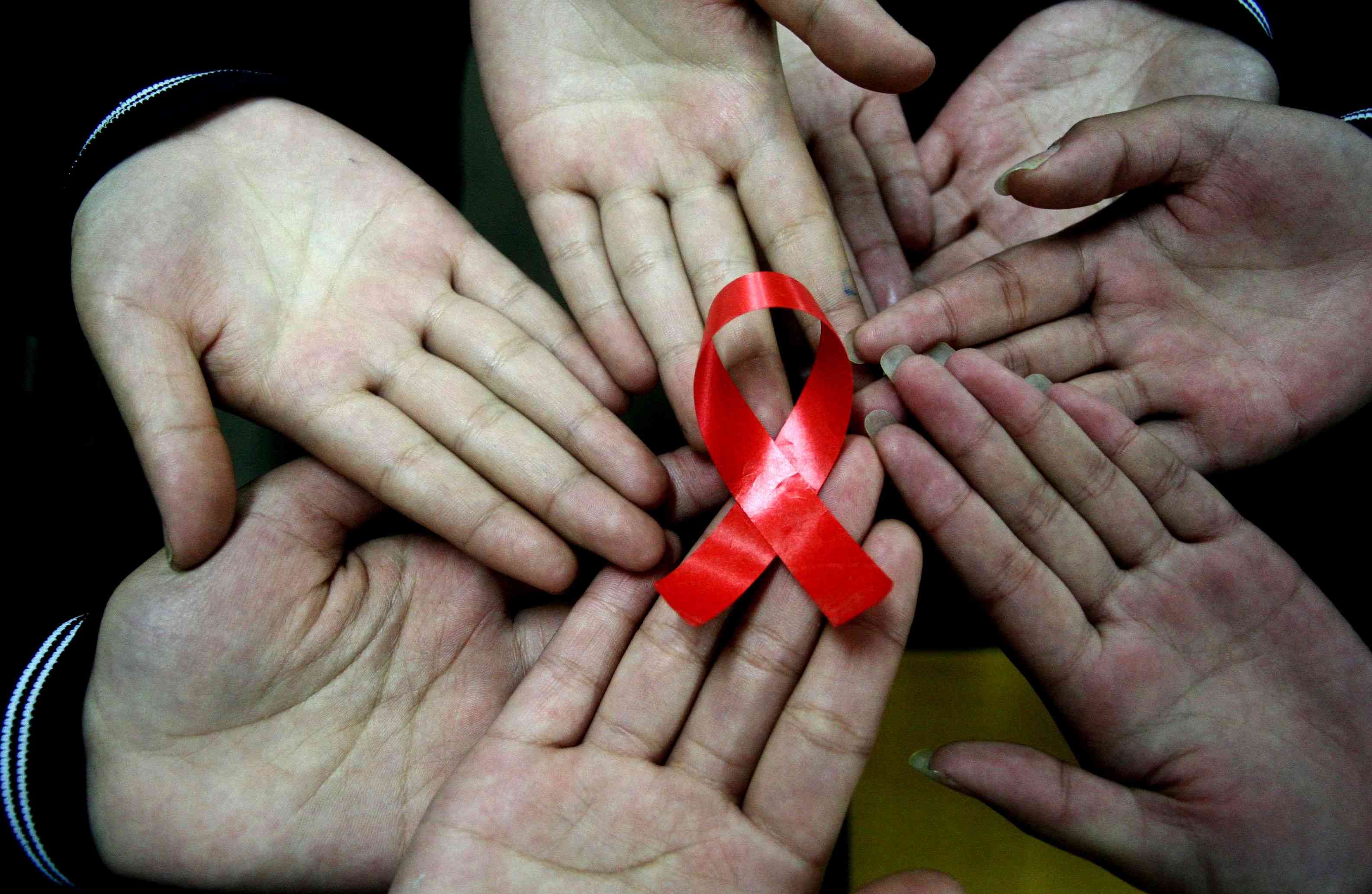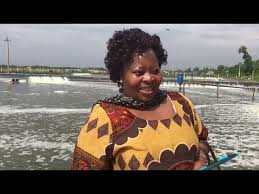
CIVIL society organisations have called for increased community participation in the fight against HIV and Aids as Zimbabwe joins the rest of the world in commemorating World Aids Day today.
The commemorations are being held under the theme Let Communities Lead.
In a statement yesterday, the Women Health Issues Zimbabwe Trust (WHIZ) commended the country for the positive stance it has taken towards ending Aids by 2030.
“The fact that the country has achieved 95-95-95 goals is proof that we are on the right track. The theme for this year, Let Communities Lead comes at an opportune time as all hands are on deck in the fight against HIV and Aids,” the statement said.
WHIZ said young women and girls remained the most affected.
“Availing more services to young women and girls in the fight against HIV and Aids is crucial for addressing the specific needs and challenges they face.
“By providing comprehensive sexual and reproductive health services, including access to education, testing, treatment and support, we can empower young women and girls to protect themselves and make informed decisions about their health,” the organisation said.
It added that it was also important to prioritise their needs while ensuring that the services are easily accessible and tailored to their unique circumstances.
- Econet to use Buddie Beatz app to grow local music
- LBQ community clamours for enabling environment
- Edutainment mix: The artist in the child policy formulation context
- An unsung HIV/Aids hero spreads message of hope
Keep Reading
The Organisation for Public Health Interventions and Development (OPHID) applauded the vital role that communities play in ensuring sustainable HIV and TB prevention, care and treatment services.
“Without innovative solutions to sustain the care and treatment services, and HIV prevention initiatives, the gains of past years could be reversed. Communities play a vital role in building a sustainable response to HIV and TB.
“OPHID recognises the power of communities to lead, design, advocate, monitor and document programmes focused on controlling the HIV epidemic,” it said.
OPHID called on all key stakeholders to recognise the value of communities in building sustainable health services.
Under the United States President’s Emergency Plan for Aids Relief, organisations such as OPHID are benefiting from funding aimed at supporting local communities and community-based organisations to actively monitor HIV services and use data to advocate for continual improvements in health service delivery.











